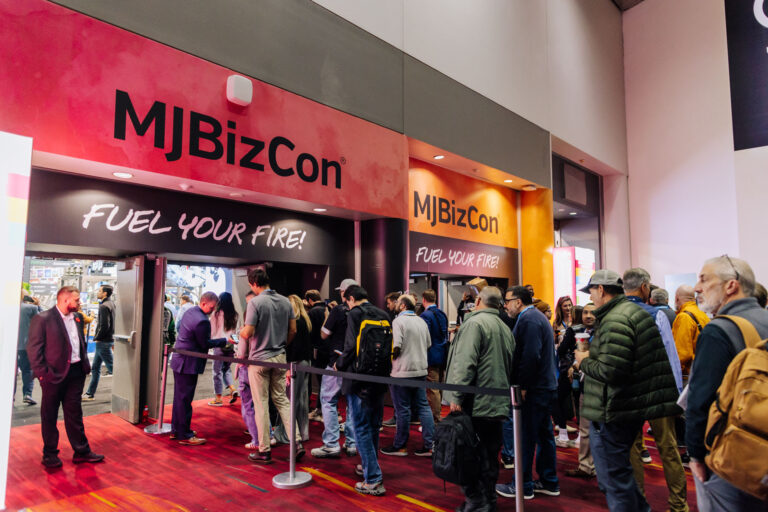
Under a series of new emergency rules, medical marijuana dispensaries that are not fully licensed by the end of October could be shut down, putting dozens of shops out of business.
The Michigan Department of Licensing and Regulatory Affairs (LARA) is intending to enforce the Oct. 31 deadline despite a continued backlog of unprocessed applications – through no fault of the applicants – and a court order that had temporarily allowed many existing businesses to operate until Dec. 15.
The new rules, announced on Oct. 1, 2018, will especially affect businesses that applied for licenses but have not yet been approved, said attorney Denise A. Pollicella, who represents several companies that had been appealing initial denials.
It’s not clear how many dispensaries and other businesses will be forced to close. A total of 216 medical marijuana shops that had operated in a legal gray area have applied to stay open while going through the process of getting their licenses approved by the Michigan Legislature two years ago, according to LARA spokesman David Harns.
“Many have been denied or pre-qualification or licensure,” he said. “Many were approved. Some are still in the process.”
To date, LARA has approved only 73 of the 740 pre-qualification applications it received from owners interested in continuing or starting a business.
The five-member board is set to meet Oct. 18 and will “hopefully have another robust agenda,” Harns said.
A series of permits, stays, delays, closures, openings – most all connected to the state bureaucracy that has plagued Michigan’s medical marijuana program.
Meanwhile, Michigan voters will decided to whether to fully legalize recreational cannabis this coming November.
By forcing medical marijuana shops to close down in late October, the state will give a “huge shot in the arm” to the recreational marijuana initiative set to appear on the Nov. 6 ballot, predicted Ms. Policella.
“When a whole bunch of facilities close, you’re going to watch people go to the polls and vote for recreational marijuana because the state made it so incredibly difficult to become a licensed, regulated medical facility,” Pollicella said. “They’ve given voters no choice.”
Good point, counselor.








